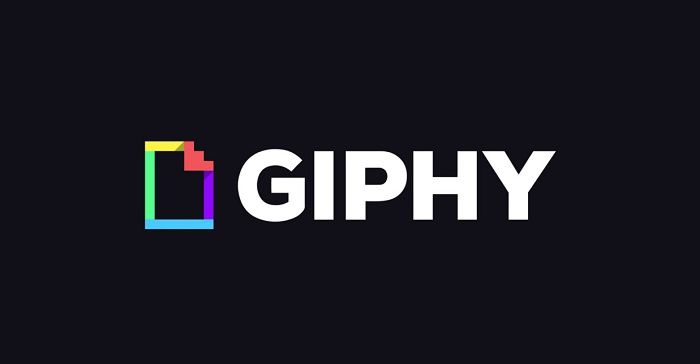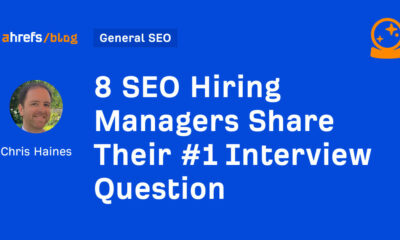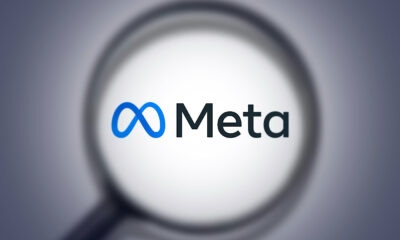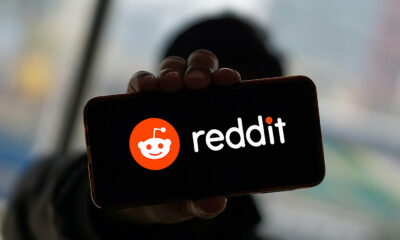SOCIAL
Meta’s Acquisition of GIPHY Remains in Question After New UK Court Ruling

Hey, remember how Meta acquired GIF platform GIPHY back in 2020, then did nothing much at all with the app, and hasn’t really changed or integrated it ever since?
That, at least in part, is because Meta’s acquisition of GIPHY has been challenged in the UK, which has delayed the full scope of its plans for the GIF platform.
As part of a broader antitrust push, the UK competition regulator has sought to force Meta to unwind its $315 million acquisition of GIPHY, due to concerns that the deal would lead to ‘a substantial lessening of competition’ in the UK display ads market.
Which, given that it’s GIPHY we’re talking about, seems like bit of a stretch – but evidently, there is a case to be answered, as this week, a UK court has dismissed Meta’s latest appeal against the legal action, which puts its acquisition of GIPHY on unsteady ground once again.
As reported by The Financial Times:
“The [UK] Competition Appeal Tribunal on Tuesday unanimously dismissed all but one of Meta’s grounds of appeal, concluding that the Competition and Markets Authority had acted rationally when it last year came to the decision that it should sell GIPHY — the biggest provider of animated images known as gifs to social networks.”
The core of the case against Meta’s acquisition comes down to the use of GIFs for advertising, which could expand Meta’s hold on the digital ads market.
GIPHY’s ad options are fairly limited, but it has facilitated brand promotions via GIFs in the past, which, under Meta, could become a global offering, that could become a more significant element in the broader digital ads sphere. It’s not something that would ever likely be on the scale of, say, another social media app or similar, but there is potential for Meta to expand its ad market presence, and that, seemingly, is enough of a justification to block the merger from progressing further, based on this latest finding.
Meta will continue to appeal the case, but its options are becoming more limited, which could, eventually, see it forced to either sell off GIPHY, or remove the app from the UK market, if that’s an option that it would rather pursue.
Though how exactly that might work is also complex, as the issue is with the overall acquisition, which would relate to all markets, not just the UK. But the UK court can’t make global rulings. Essentially, the legal technicalities, in this sense, go beyond my comprehension of international law, but it does seem like Meta could have some other avenues to pursue, before it would have to look at winding back the deal entirely.
In some ways, it seems more like an anti-Meta stance than an anti-competition one – especially when you also consider that Snapchat was allowed to acquire rival GIF platform Gfycat in 2020. The argument that GIFs could form a more significant ad element is questionable, but with Meta turning previous acquisitions WhatsApp and Instagram into huge, dominant platforms in their respective sectors, there’s a level of concern over any platform that Meta buys up, and how that could then expand its already significant market dominance.
Digital advertising takes up 66% of total UK ad spend, with Meta and Google gobbling up the majority of those ad dollars. Given this, you can understand why UK regulators are hesitant to cede any more power in this respect to the US tech giants. And while GIPHY may not ever form a significant part of that overall ad pie, it seems, in some ways, like a line in a sand moment for local competition.
Which essentially means that Meta’s full integration of GIPHY remains on hold, and we have no real way of know what it’s planning, or what it might do next with the app until the legal challenge is sorted out.
That means no new GIF tools in your favorite social media apps – and by the time it’s all sorted out, it may well be that no one cares about GIFs anyway, as we’ll all be flying around in the metaverse, with cartoonish avatars become a more popular option for expression.
Maybe, then, Meta should just wind it back and save the money, though we also don’t know of its full plans for the acquisition, nor the related costs if it has to eventually reverse course.
We now await the next update in the legal process.



















You must be logged in to post a comment Login